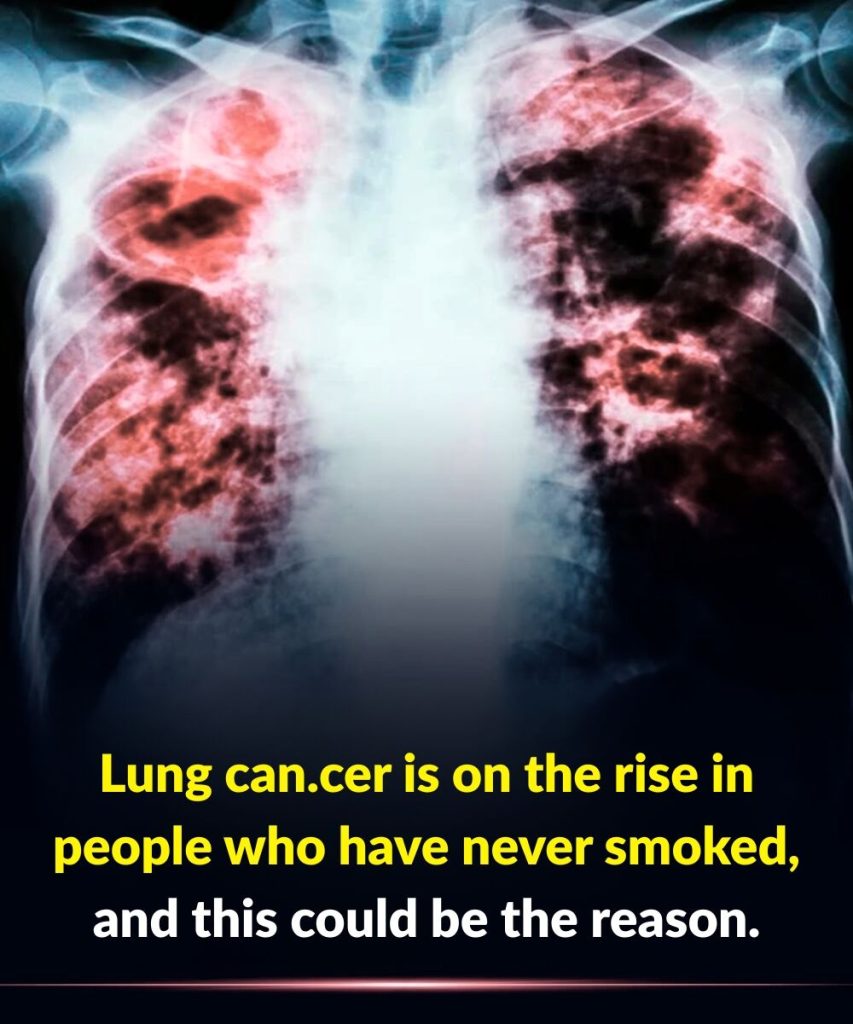Lung cancer, commonly linked to smoking, is increasingly affecting non-smokers due to factors like air pollution, chemical exposure, and genetics. In 2017, nearly 1.57 million men and over 900,000 women were diagnosed worldwide, with 10% to 20% of cases occurring in non-smokers. Adenocarcinoma is the most common subtype, especially among women.
Air pollution, particularly fine particles like PM2.5 and PM10, raises lung cancer risk by triggering chronic inflammation and genetic mutations. High incidence rates are seen in regions such as East Asia and North Africa. Radon gas, accumulating in poorly ventilated homes, is another major threat to non-smokers.
Genetic mutations, including EGFR, ALK, and KRAS, are often found in non-smokers, underscoring the need for genetic screening in those with a family history. Lifestyle factors like poor diet and inactivity may also increase risk.
